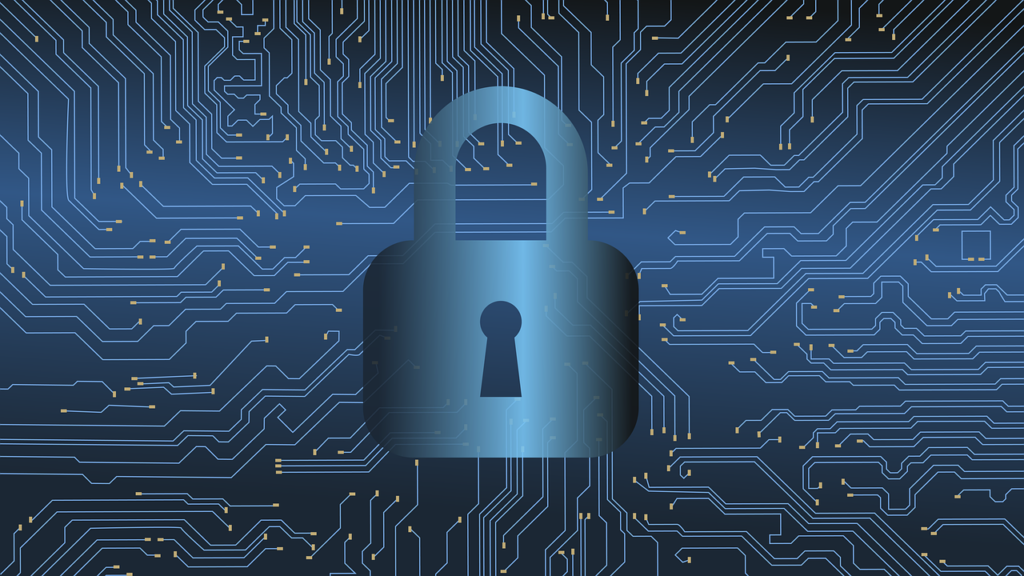Most of the time, blockchain discussion revolves around bitcoin mining and secure transactions. Though it’s trending, this is just a one-use case of blockchain and there can be multiple use cases like in cybersecurity.
In this article, we will cover use cases of blockchain in cybersecurity. But before that, let’s understand, what is blockchain. And its workflow.
What is Blockchain?
Blockchains are modern databases different from traditional databases due to their unique method of data structuring and storage. In a blockchain, information’s stored in groups called blocks that have fixed storage capacity.
Once a block is filled, it is linked to the previously filled block and the cycle continues. The main benefit of a blockchain is the data stored can’t be altered without all peer network approval. This is the reason behind the use of blockchain in bitcoin mining and storing transaction records.
Let’s understand this way, imagine a warehouse with a lot of fixed-size and capacity carton boxes with specific names and codes for storing similar items and for easy sorting and storage. This basic inspiration plus important elements like data, hash codes, and the hash of previous blocks are linked with proof-of-work and peer-to-peer network mechanisms.
Workflow of blockchains
The data mined in blocks (Decentralized mechanism) consist of hash codes glued by nonce (Number only used once) which is the central part of a proof-of-work mechanism that in case of unauthorized attempts slows down block data exploitation.
That’s why if a block is hacked without defined peer network approval can’t be attached to the master blockchain which makes it nearly impossible for hackers to accomplish their evil missions.
Blockchain in Cybersecurity
Blockchain, also knowns as distributed ledger technology (DLT) improves security by significantly reducing risks associated with centralised data storage, related to sophisticated cyber-attacks. It provides a strong encryption methodology like data ownership and integrity. In most cases, it replaces passwords and long access routes which are a prime target due to credential theft attacks.
AI and IoT security
The large-scale usage of AI and IoT without defined security policies makes these tools a lucrative hotspot for successful cybercrimes, but blockchain’s end-to-end encryption mechanism can enable safe integration and communication between devices or humans without fear of data leakage or sniffing.
DDoS security
We have seen how DDoS attacks hijack the security infrastructure of government bodies and renowned companies to hamper their credibility and trust, but blockchain properties like cryptography can secure uninterrupted communication even in adverse conditions and become important for security systems. Imagine blockchain as a secret passage that can mitigate threat vectors in the most hostile conditions.
Decentralized security
The decentralized data storage concept of blockchain through its hash codes makes it tough for cyber criminals to penetrate full-fledged critical information even if they got the hang of, fragmented pieces of information they can hardly make any sense of it.
Software updates protection
Blockchain only stores data when block hash codes match with the previous block hash code this can helps the security team verify updates and install software and prevent malicious software’s infecting end-user devices.
Third-party less security
Blockchain becomes popular in cryptocurrency mining because it is a standalone process and doesn’t require any third-party inference. This application of blockchain in cybersecurity cut down heavy third-party applications dependence reducing the risk of large uncontrolled attack surface area.
Challenges with Blockchain
As blockchain technologies are in the baby stage they can’t be a simple security tool, instead, it requires careful planning, designing and implementation.
At present in most blockchains anyone at a micro-level can see information and even can’t alter it, that’s why it needs a permission-controlled approach plus easy scalability without the burden of heavy cost investment.
Last words
Blockchain technology seems a promising way to secure valuable information like banking transactions, health records, IT and data transfers can become a big leap in the way security controls and protection are assumed currently.
But as nothing can be 100% secure considering blockchain as a security solution should always be evaluated based on expert-based research, decisions and analyses of the immediate environment. DigitalNext can help with our best-in-class managed security services and solutions.

